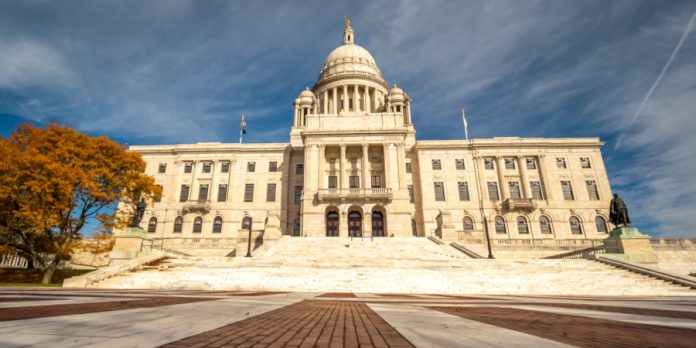A bill that would legalize sports betting in Georgia and give tax revenue to the state lottery is advancing in the State House, according to a report by the Associated Press, despite concerns that a state constitutional amendment would be required to get it over the line.
The House Economic Development and Tourism Committee voted by 20-6 earlier this week to approve House Bill 86, sending it to the full House for more debate.
The AP stated that the measure would mandate that the Georgia Lottery Corporation award at least six licenses to companies that want to offer sports betting in the state. After the companies pay out bettors’ winnings, the state would tax the remaining proceeds at a 14% rate.
Committee Chair Ron Stephens estimates that at even a 10% tax rate, that would bring in $42m to increase funds available for HOPE college scholarships and state subsidies for prekindergarten classes and child care. Moreover, each operator would have to pay a $900,000-a-year license fee.
He also argued that legalizing sports wagering would help boost fan engagement given that Atlanta’s four major league professional sports teams haven’t been able to fill their stadiums. “It’s for fan participation,” Stephens told the committee. “As I said earlier, the stands are empty. They believe that fan engagement is what sports betting is all about.”
Stephens also expressed confidence that lawmakers could authorize the Georgia Lottery Corporation to offer sports betting. Voters authorized the lottery by state constitutional amendment in 1992. Others, including some state government lawyers, have questioned whether that would be legal, suggesting another constitutional amendment would be needed.
Any such measure would require the approval of two thirds of each house of the General Assembly, followed by majority approval of Georgia’s voters.
Under the auspices of House Bill 86 people 21 and older would be allowed to bet on professional sporting events, but not on college or high school sports, or certain events such as injuries.
The AP went on to report that the committee voted without allowing testimony from interested parties and without considering amendments, although a number of members expressed interest in amendments.














